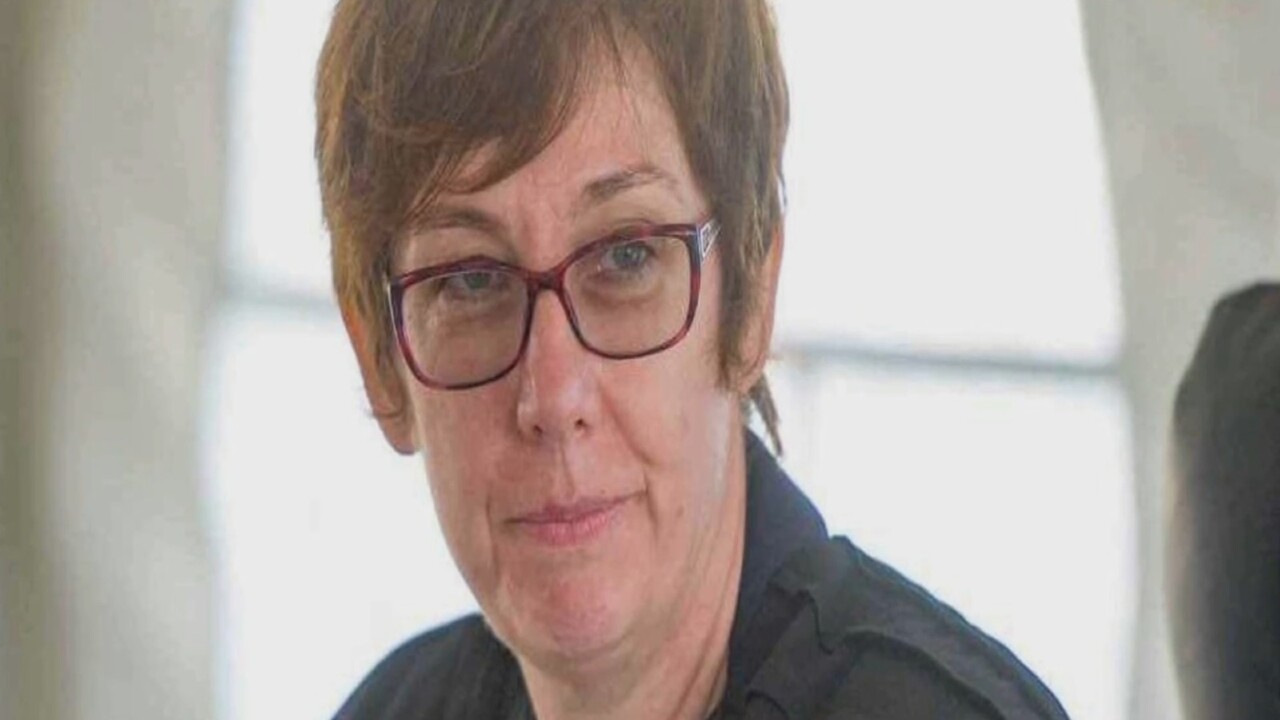High Court justice Jayne Jagot calls out ‘exploitation’ of young lawyers
Jayne Jagot has criticised senior lawyers for taking advantage of junior workers and creating an ‘unequal society’ within firms, warning that ‘one day they will have the power’.

Senior lawyers are leveraging their power and risking a culture of “exploitation” by trapping young employees at work, expecting them to be on call 24/7, and blaming them for mistakes they themselves have made, a High Court judge has warned.
In a rare intervention, Jayne Jagot has taken aim at senior workers, some of whom may be motivated by a “need for dominance”, saying the psychological wellbeing of young workers is at risk and urgent steps must be taken to undo learnt behaviours that prey on juniors.
“We might all have engaged in or been subjected to one or more of these behaviours at one or other time – but as the years have gone by, I have realised how unhelpful they are for the people subject to these behaviours, particularly if it is just part of the everyday culture of their workplace,” Justice Jagot said in a speech to the Minds Count Annual Lecture.
“And by ‘their workplace’, from the perspective of a junior lawyer, culture is determined by the people for whom they directly work, not by other people or by policies.”

Justice Jagot identified 10 key areas of poor legal management, including creating artificial deadlines, procrastinating, and then “crunching” the rest of the team when the deadline is approaching, and repeatedly deferring meeting times later and later into the day so people feel stuck in the office.
She also criticised those who assign tasks without context, give destructive feedback, yell at juniors, throw things or take credit for work they were not responsible for.
Arguing that the “extreme hierarchies” within the legal profession contribute to toxic cultures affecting young workers, Justice Jagot recognised legal workplaces “are like small unequal societies” that can be damaging to one’s mental health.
She said she believed “not many people” deliberately engage in disparaging conduct, but said it was important the profession better understand bad behaviours caused by ingrained pecking orders.
“Many law graduates enter private practice. A number are quite likely to find that the performance pressure in private practice is just as intense as it had been at university,” she said.
“They may also find that the hours they must work often leave little time for anything other than sleeping and eating. They may also find or sense another common aspect of the legal workplace: quite extreme hierarchies and pay differentials.
“It should go without saying that this kind of environment – in which more junior lawyers have little autonomy over what they do and where their time is literally of lesser value than that of everyone above them in the pecking order – involves a risk to people’s psychological wellbeing, which calls for active ongoing cultural and individual management.”
The speech, given last month, came following revelations former ACT chief prosecutor Shane Drumgold directed a junior staff member to swear a false affidavit.
The Sofronoff inquiry into Mr Drumgold’s conduct during the rape trial of Bruce Lehrmann found he had “egregiously abused his authority and betrayed the trust of his young staff member to whom he owed a duty to be a mentor and role model.”
Earlier this year, The Australian reported legal practices are haemorrhaging young lawyers who leave due to their harsh treatment and exhausting hours, after it was revealed young solicitor Isabel Muscatello had allegedly been sacked from firm Sydney Criminal Lawyers for taking a sick day.
Eaton Strategy + Search managing partner Shaaron Dalton told The Australian at the time while young lawyers had “more power” than they once did, she regularly saw people in the early stages of their careers depart due to burnout or harsh conditions.
Justice Jagot ended her address by instructing the audience to treat their junior employees with fairness and respect.
“We should also remember this. Young lawyers will become old lawyers in their turn,” she said. “One day they will have the power. Being kind to young lawyers is not just the decent thing to do, it is just common sense.”








To join the conversation, please log in. Don't have an account? Register
Join the conversation, you are commenting as Logout